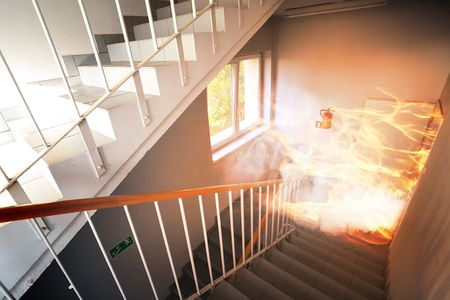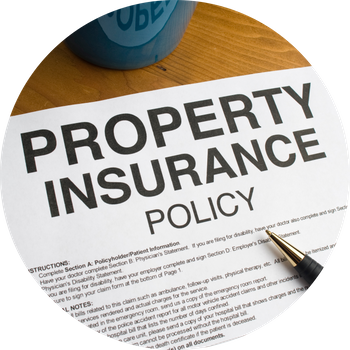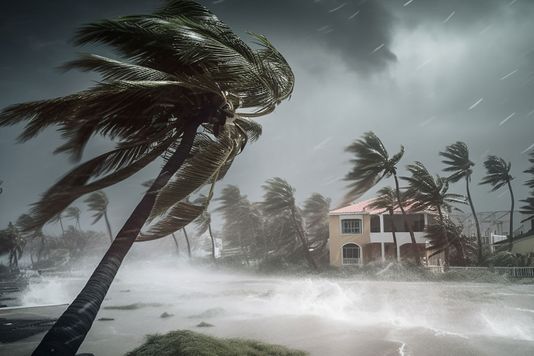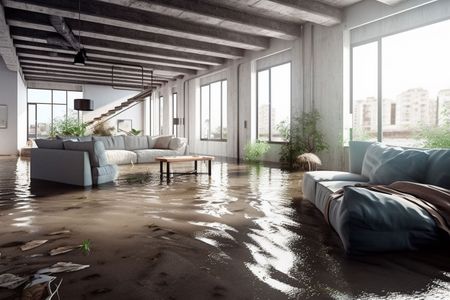Florida isn’t your average state when it comes to homeowners insurance. We all know about hurricanes, but the state faces several other specific risks, too, including flooding, sinkholes, and high humidity, which can take a toll on homes over time.
Hurricanes – Florida homeowners are no strangers to hurricanes. These storms can cause serious damage, from wind destruction to flooding. Standard homeowners insurance doesn’t typically cover flood damage, so you’ll need separate flood insurance. But flood insurance can be tricky in Florida. You might live miles away from a coastline but still be at risk due to the state’s low-lying geography.
Flooding – Florida’s flood risk extends well beyond hurricanes. Heavy rain, storm surges, and rising sea levels can all cause significant water damage. Even if you're not in a FEMA-designated flood zone, it might still be worth considering flood coverage. Many homeowners wrongly assume that their standard policy covers flooding, and that can be a costly mistake.
Sinkholes – Sinkhole activity is another common concern in Florida. While sinkhole coverage is sometimes included in homeowners insurance policies, it’s not always guaranteed. If you live in an area prone to sinkholes (especially in central and northern Florida), you’ll want to review your policy carefully to ensure you have proper protection.
Wind Damage – While hurricanes are the big threat, even everyday thunderstorms can bring damaging winds. Florida’s location makes it particularly vulnerable to tropical storms and high winds, which can wreak havoc on roofs, windows, and other parts of your home. Make sure your policy covers wind damage — and if it doesn’t, look for one that does.





